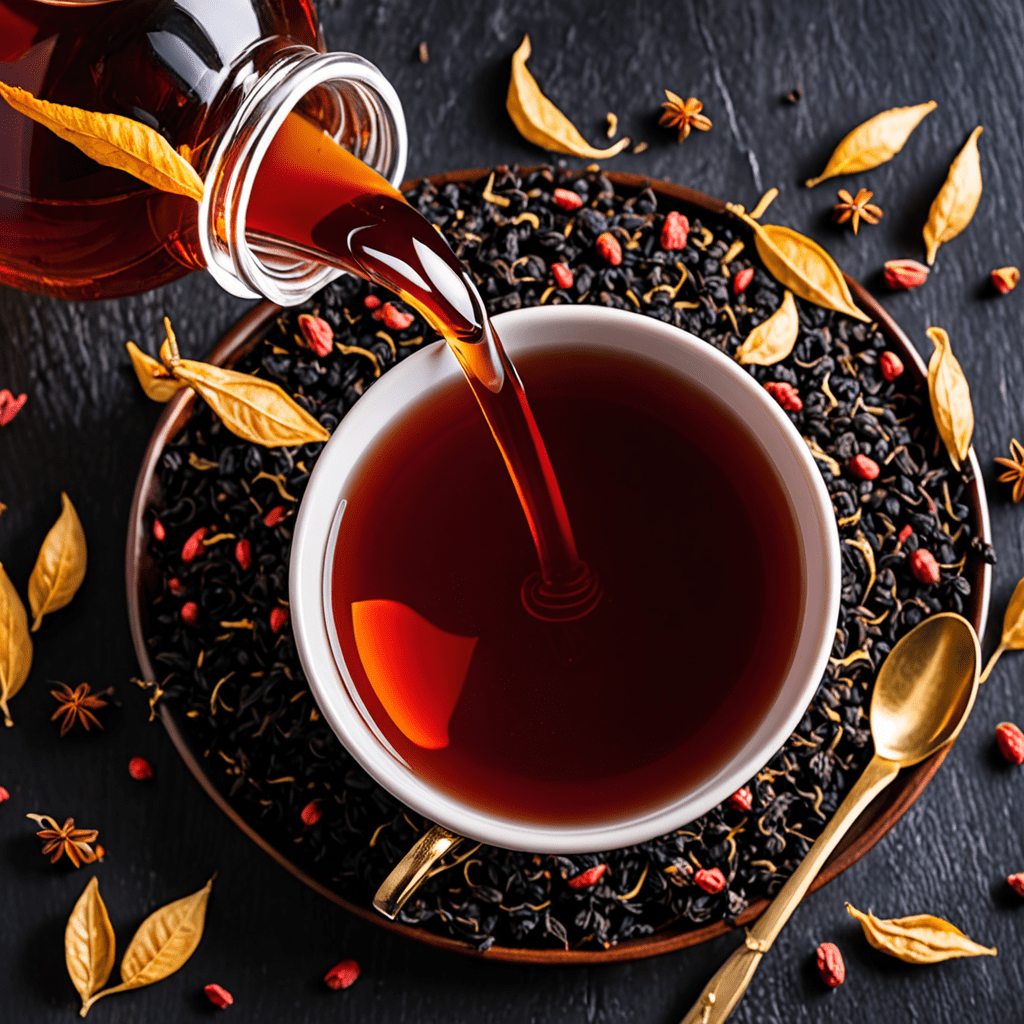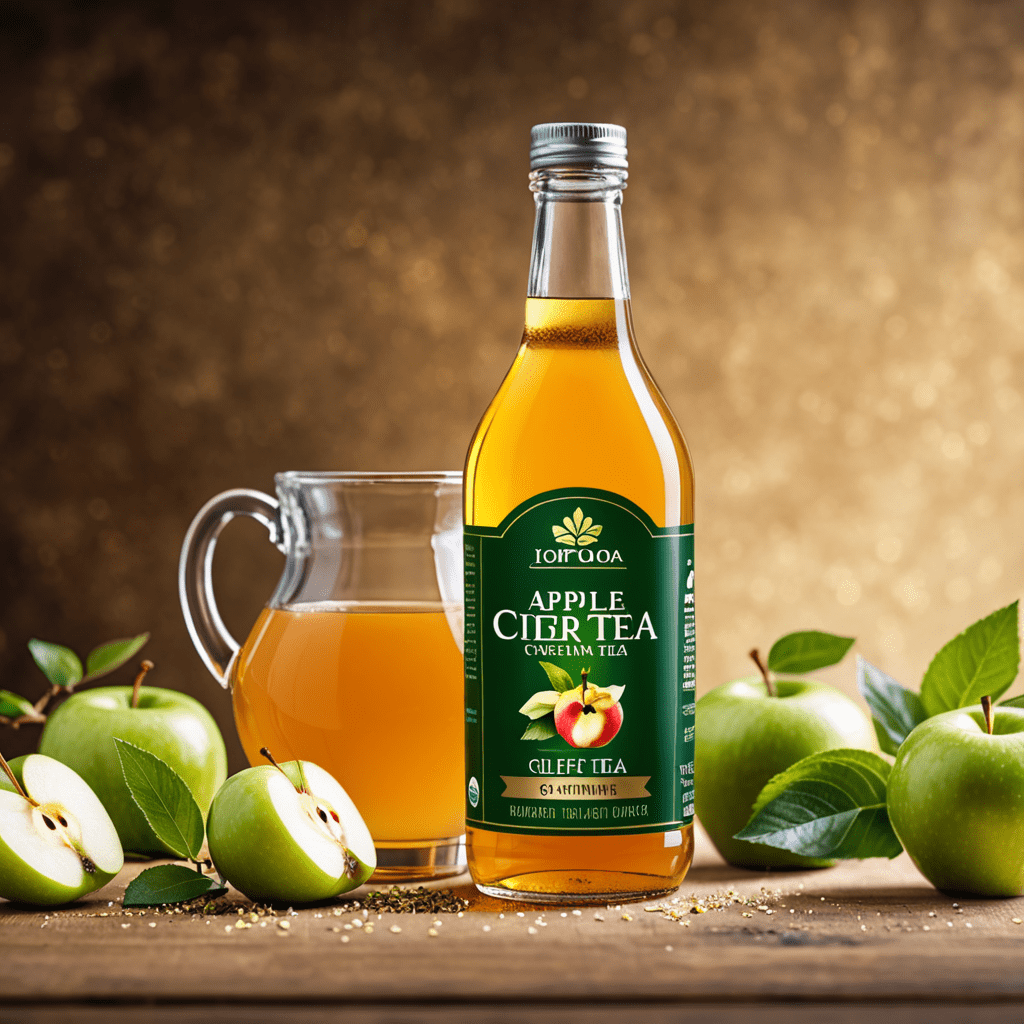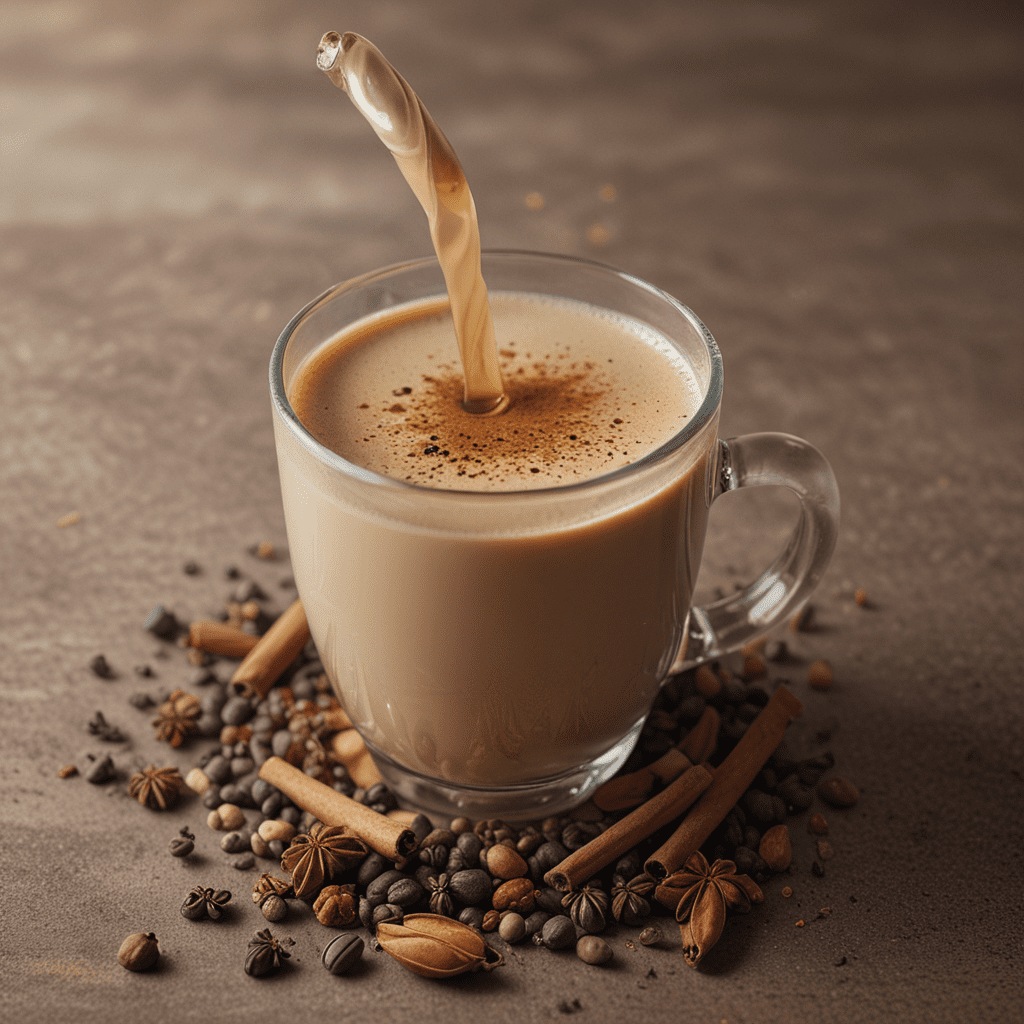
Chai Tea: A Flavorful Fusion of Spices
Chai, pronounced as "chy," is a beloved beverage that has captivated the world with its aromatic spices and rich flavors. Originating from South Asia, chai has a long and storied history, dating back centuries.
Historical Origins of Chai
The roots of chai can be traced back to ancient India, where it was first consumed as a medicinal drink. Traditional Ayurvedic medicine used a blend of spices, known as "masala," for their therapeutic properties. Over time, this masala was incorporated into tea, creating the flavorful brew we know as chai.
Key Ingredients of Chai
The core ingredients of chai are black tea, milk or dairy alternatives, and a medley of spices.
- Black Tea: Any strong black tea can serve as the base for chai, such as Assam, Darjeeling, or Ceylon.
- Milk/Dairy Alternatives: Traditionally, chai is made with whole milk or buffalo milk. However, plant-based alternatives like almond milk, soy milk, or coconut milk are becoming increasingly popular.
- Spices: The spice blend in chai varies, but common additions include cinnamon, cardamom, ginger, nutmeg, cloves, and black pepper. These spices impart their unique flavors and aromas, enhancing the overall experience.
VI. Preparation Methods
Chai can be prepared using various methods, each imparting a unique flavor profile.
- Stovetop: In a saucepan, combine tea, milk, and spices. Bring to a boil, then reduce heat and simmer for 10-15 minutes. Strain before serving.
- Electric Kettle: If your electric kettle has a tea infuser, add your tea and spices to the infuser and brew the tea directly in the kettle. Once brewed, add milk and heat to desired temperature.
- French Press: Add tea and spices to the French press and pour in boiling water. Steep for 5-7 minutes, then plunge the plunger. Add milk and heat to taste.
VII. Pairing Chai with Food
Chai's versatility extends beyond its solo indulgence. It can harmoniously accompany various culinary delights:
- Sweet Treats: Chai's spicy sweetness complements desserts like baklava, rice pudding, or carrot cake.
- Savory Snacks: Samosas, pakoras, or vegetable cutlets provide a savory contrast to chai's warmth.
- Desserts: Chai can be used as an alternative to coffee in tiramisu, crème brûlée, or cheesecake.
VIII. Cultural Significance
Chai holds a cherished place in several Asian cultures, transcending its role as a beverage:
- India: Chai is an integral part of Indian daily life, enjoyed in both urban and rural settings.
- Pakistan: Known as "kahwa," chai is revered in Pakistan, particularly in the mountainous regions.
- Afghanistan: Chai is a symbol of hospitality in Afghanistan, offered to guests as a gesture of warmth and welcome.
IX. Conclusion: The Allure of Chai
Chai's allure lies in its symphony of flavors, its cultural significance, and its therapeutic qualities. Whether enjoyed solo or paired with food, chai evokes a sense of comfort and indulgence. Its fusion of spices creates an invigorating and aromatic experience that continues to captivate hearts and palates worldwide.
X. Additional Points for Discussion
- Homebrew Recipes: Explore different spice combinations and tea blends to create customized chai at home.
- Chai Subscription Boxes: Discover a world of chai varieties through subscription boxes that deliver unique flavors to your doorstep.
- Chai Festivals: Immerse yourself in the vibrant world of chai at chai festivals, celebrating its cultural heritage and culinary artistry.
FAQ
What is the best black tea for chai?
Strong black teas like Assam, Darjeeling, or Ceylon are ideal for chai.
Can I use green tea for chai?
Yes, green tea can be used for a lighter, refreshing variation of chai.
What are some variations of chai?
Masala chai, ginger chai, and saffron chai are popular variations with distinct spice profiles.
What are the health benefits of chai?
Chai contains antioxidants, supports digestive health, and has anti-inflammatory properties.
How long should I steep chai for?
The ideal steeping time for chai is 5-15 minutes, depending on the desired strength.


